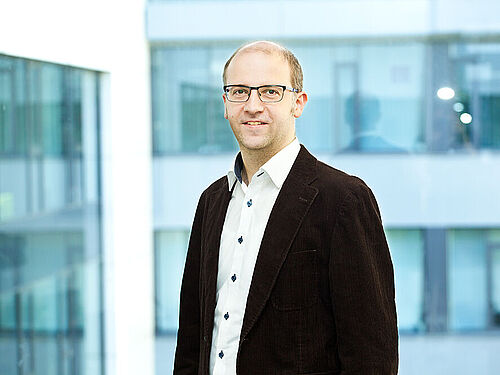Since October 2014, more than 65 scientists from the fields of cryptography, quantum physics, system security and software engineering have worked together successfully in CROSSING. Their goal is to develop cryptography-based security solutions that can cope with the computing environments of the future. These include, for example, large cloud environments and quantum computing.
In addition to high demands on efficiency and security, it is also a matter of usability: after all, the solutions are not only intended for cryptography experts. Anyone involved in software development or administration, or an end user, should also be able to use them.
In CROSSING, Prof. Davi's research group has already developed new security techniques for embedded systems, smart contracts and trusted execution environments. With his team, he focused on "attestation" techniques, meaning literally "certifying" that components are secure and trustworthy. "Attestation checks the state integrity of a system, for example, whether the software or hardware of a component has been manipulated by hackers," Lucas Davi explains the concept.
In the third phase of CROSSING, he wants to focus on more complex software environments together with a colleagues from Darmstadt. "Our goal is to enable attestation for large-scale distributed computing systems and cloud applications," Davi explains.
In addition, the researcher is responsible for a new transfer project: Together with NEC Laboratories Europe, new attestation techniques are being developed specifically for smart contracts so that the programmed contracts can be executed securely in a blockchain. Their practicality will be evaluated using use cases from the financial sector.
About CROSSING
With the commitment for another four years and 10 million euros funding, CROSSING reaches the maximum funding period of twelve years. The Technische Universität Darmstadt coordinates the SFB and cooperates with the TU Dortmund University, University of Duisburg-Essen, the Universities of Paderborn and Regensburg, and the Fraunhofer Institute for Secure Information Technology (SIT) in Darmstadt.
General note: In case of using gender-assigning attributes we include all those who consider themselves in this gender regardless of their own biological sex.
Security for the Computers of the Future

CASA PI Lucas Davi leads two subsections in the SFB CROSSING. Copyright: CASA

